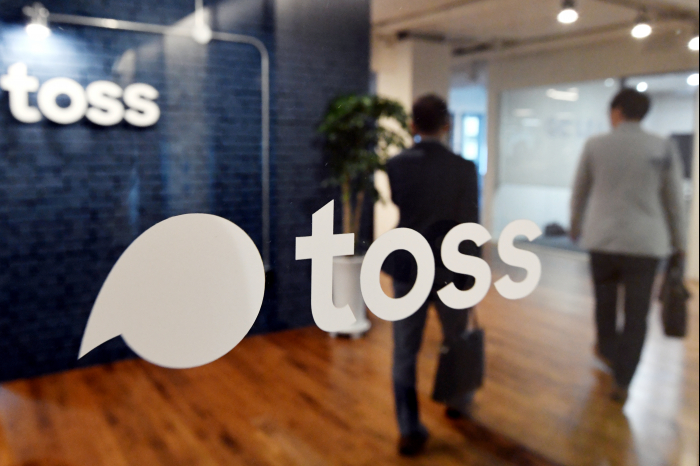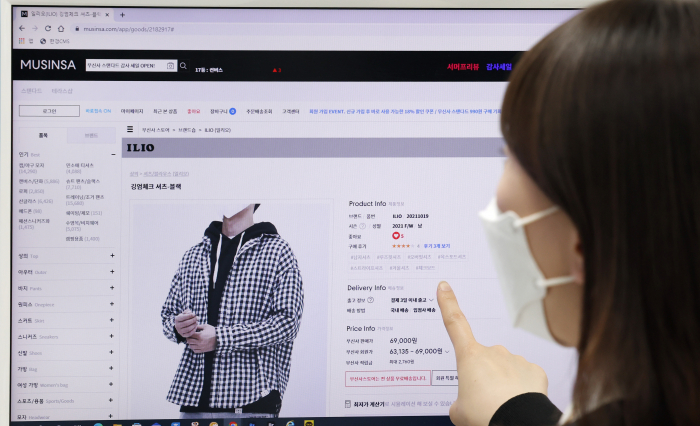Upcoming IPOs
South KoreaŌĆÖs unicorn startups, including Viva Republica, delay IPOs
The operator of fintech app Toss will push back its plan to go public by 2-3 years, citing lackluster investor sentiment
By Jul 11, 2022 (Gmt+09:00)
2
Min read
Most Read
Hankook Tire buys $1 bn Hanon Systems stake from Hahn & Co.


NPS to hike risky asset purchases under simplified allocation system


Osstem to buy BrazilŌĆÖs No. 3 dental implant maker Implacil


UAE to invest up to $1 bn in S.Korean ventures


US multifamily market challenges create investment opportunities



South Korean startups that exceed $1 billion in valuations, known as unicorns, are pushing back their initial public offering (IPO) dates.
The move comes as liquidity in the startup ecosystem ŌĆō from the funding rounds to pre-IPO ŌĆō has dried up amid the global economic downturn that dampened the investor sentiment in the stock market.┬Ā
According to industry sources, Viva Republica, the operator of fintech platform Toss, decided to delay its IPO initially planned for next year by 2-3 years.┬Ā
A few months ago, the startup was poised to become South KoreaŌĆÖs fourth decacorn or private company backed by VCs with a valuation of over $10 billion.
Viva Republica was hopeful it could raise some 1 trillion won ($766 million) in the pre-IPO round but faced sluggish investor sentiment.┬Ā
South KoreaŌĆÖs top online fashion platform Musinsa was widely expected to choose its underwriter in the latter half of this year to go public in the early half of the next. But sources say the company decided to push back the date and will conduct another funding round soon instead.┬Ā

South Korea's top travel and accommodation platform Yanolja Co. was known to be aiming for a Nasdaq debut, following the footsteps of e-commerce breakout star Coupang, Inc.┬Ā
Back on July 15 last year, SoftBank Group Corp.ŌĆÖs Vision Fund II announced it will invest about $1.7 billion in Yanolja.┬Ā
At that time, the booking app operatorŌĆÖs valuation stood at 10 trillion won and the word on the street was that it could skyrocket to as high as 30 trillion won after the IPO.┬Ā
Unfortunately for Yanolja and its investors, the companyŌĆÖs valuation has shriveled to hover around 7 trillion won in the curb market.
The worsening investor sentiment is largely due to the slump in the domestic and global stock markets.

ŌĆ£The rosy days of a unicorn startup smoothly attracting investment from the get-go and getting to the IPO are gone, which was the case for the past 3 years,ŌĆØ an investment banker told The Korea Economic Daily.┬Ā
The startups that have decided to go through with the IPOs despite the challenging environment have voluntarily lowered their valuations.┬Ā
South KoreaŌĆÖs biotechnology startup Voronoi Inc. had temporarily scrapped its plan to go public in March, after only a few institutional investors such as the National Pension Service participated in the startup's book building. Some suggestions matched the companyŌĆÖs floor price but overall participation was too low for the listing to go forward.
During this round of IPO preparations, Voronoi adjusted its market capitalization lower to 500 billion won.┬Ā
The figure is a steep plunge from around 700 billion won in market capitalization estimated during the pre-IPO stage last August.┬Ā
South KoreaŌĆÖs ridesharing unicorn Socar Inc., which is preparing for an IPO next month, has a market capitalization of 1.1 trillion won, some 200 billion won less than it did in March when it raised capital from Lotte Rental Co.┬Ā
Write to Seok-Cheol Choi at dolsoi@hankyung.com
Jee Abbey Lee edited this article.
More to Read
-
 Korean chipmakersSK Hynix to sell 50% stake in Wuxi foundry unit to China state firm
Korean chipmakersSK Hynix to sell 50% stake in Wuxi foundry unit to China state firm12 MINUTES AGO
-

-

-

-

Comment 0
LOG IN


